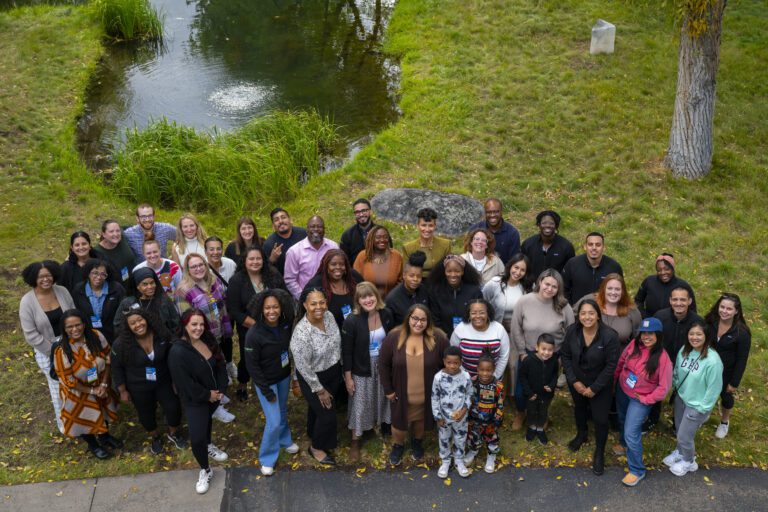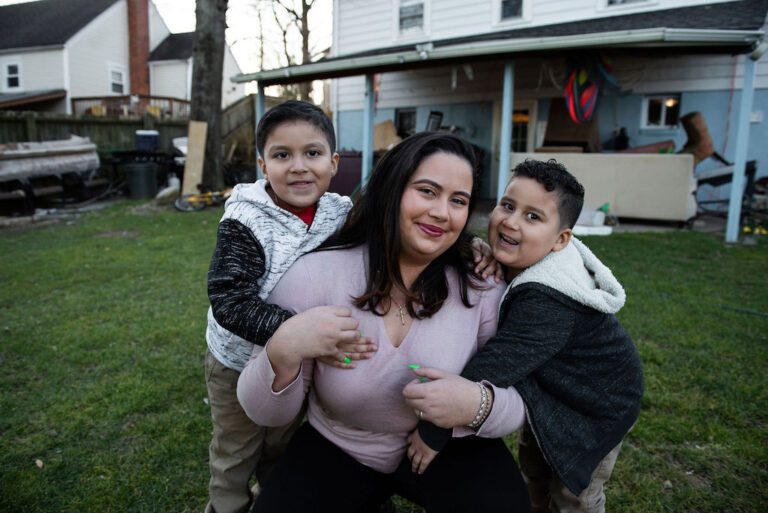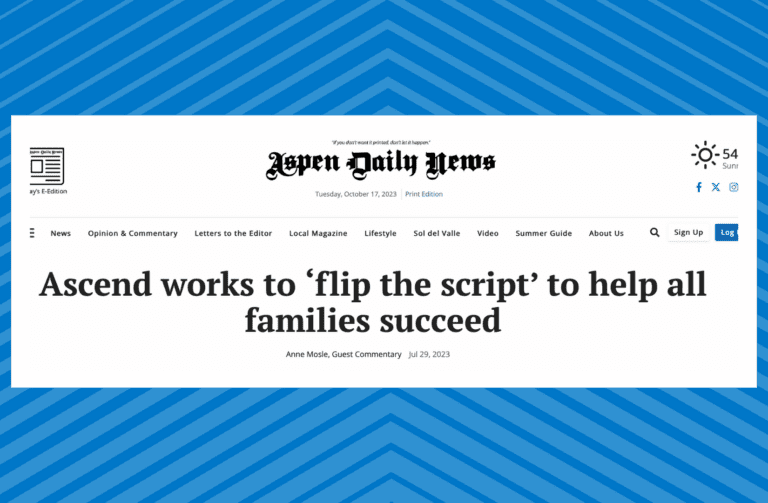Statement on the Government Shutdown
The partial government shutdown is now the longest in history, and families are suffering for it. News reports indicate that communities of color and Native American tribes are being hit particularly hard. Ascend at the Aspen Institute is deeply concerned about the painful impact of the shutdown on the economic security, educational success, and health and wellbeing of families with low incomes across the country.
In the spirit of Martin Luther King, Jr., we stress how the actions of those in power affect all of us. In Letter from Birmingham Jail, King says, “We are caught in an inescapable network of mutuality, tied in a single garment of destiny. Whatever affects one directly affects all indirectly.” Stopping the flow of critical resources to American workers and those in need threatens to tear the moral and economic fabric that holds this nation together.
As a policy program of the Aspen Institute with a focus on creating an intergenerational cycle of opportunity for all families, we know that denying families a paycheck and critical services like nutrition and housing assistance will cripple the possibility of achieving and sustaining economic security and educational success. The shutdown is affecting thousands of federal workers’ ability to put food on the table and a roof over their heads – and it will soon snowball to impact the millions of families around the country who rely on government support to get by.
Roughly 800,000 federal employees are not being paid – some of which live paycheck-to-paycheck: half of these workers do not have a college education, and 14 percent make less than $50,000 per year. Additionally, approximately 500,000 contractors are affected – and many may not receive any backpay at all. The American Psychological Association called an end to the shutdown because of the “deleterious effect it is having on the economic security and mental health of federal employees and contractors, as well as their families.”
There have been countless stories already of how the shutdown is hurting families in the U.S. They worry if they can cover the bills and have begun dipping into retirement savings to make ends meet. Native American households experience stubbornly high levels of poverty, yet the shutdown acutely affects this population: Native American tribes who rely on federal funds allocated by treaty rights, and services like public safety and elder healthcare are in jeopardy. Tribal nations engaged in federal contracting have reported an estimated financial loss of $200,000 to $250,000 per day while this impasse continues.
But the impact doesn’t stop there.
The ripple effects beyond the federal workforce are massive: The 38 million families with low incomes in the Supplemental Nutrition Assistance Program (SNAP) may lose access to food and sink into even deeper levels of poverty. Immigration cases could be postponed for years. And if the shutdown extends into February and March, over a million low-income households are at risk of losing critical housing assistance.
This is just the beginning of catastrophe for families in the U.S. Each day that the shutdown continues, the American Dream is receding further from our country’s families. They deserve better.
Sincerely,
Anne Mosle and the Ascend team
Related Posts















